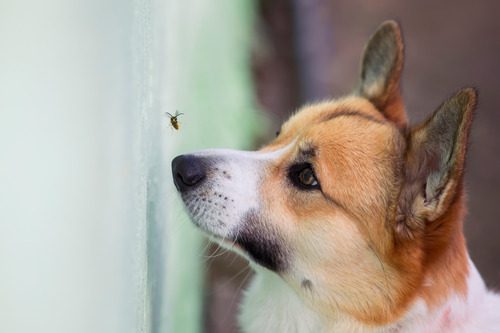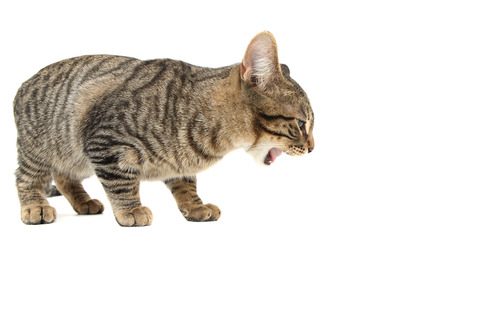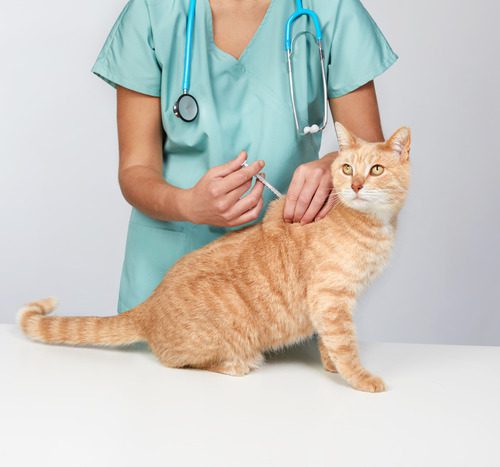We all think about sharing certain foods with our canine companions, and whether what we’re sharing is safe for them. Turkey, a popular holiday entree, often raises this question. At South Loop Animal Hospital in Chicago, IL, we understand your concerns about your dog’s diet and health. This article explores whether turkey is a safe treat for dogs, detailing potential benefits and risks. For specific inquiries about your dog’s diet or health, don’t hesitate to contact us at (312) 753-5551 or schedule an appointment for personalized advice.
Turkey’s Nutritional Benefits For Dogs
Turkey isn’t just a festive dish; it’s a lean protein source that can be beneficial to dogs. Dogs need protein for muscle growth and repair and turkey is an excellent provider. It’s also packed with vitamins and minerals like B vitamins and selenium, which are good for immune and thyroid health. Remember, these benefits come from plain, cooked turkey. Seasoned, processed, or raw turkey can be harmful to dogs. If you want to add turkey to your dog’s diet, keep it plain and safe.
How To Serve Turkey To Your Dog
Introduce turkey to your dog’s diet in moderation. Begin with small portions to see how your dog reacts. The turkey should be cooked without any added fats, spices, or sauces, as these are not good for dogs. Avoid giving them the skin or bones, which can cause digestive issues or choking hazards.
Risks Of Feeding Turkey To Dogs
There are several risks when feeding turkey to dogs, but these can be minimized with careful preparation:
Toxic Ingredients
Seasonings and ingredients used in turkey preparations for humans, like garlic, onions, and too much salt, can be toxic to dogs. Always feed your dog plain turkey without any seasonings, herbs, or spices. Cooked turkey breast without skin or seasonings is safest.
Bones and Choking Hazards
Turkey bones can choke dogs or cause digestive tract blockages or tears. Never give your dog turkey bones. Offer boneless cuts and cut them into small pieces, especially for smaller dogs.
Allergies and Sensitivities
Some dogs might be allergic to turkey. Watch for itching, red skin, ear infections, and gastrointestinal upset. If you notice these signs, stop feeding turkey and consult your vet.
Portion Control
Too much turkey can lead to weight gain and disrupt your dog’s diet. Treat turkey as a snack, not a meal, limiting it to 10% of their daily calorie intake.
Consult Your Vet
Always talk to your vet before adding new foods to your dog’s diet, especially if they have a health condition or sensitive stomach.
Monitor Your Dog
Watch for any adverse reactions like changes in stool, gastrointestinal distress, or behavior changes. Contact your vet if you see anything unusual.
Healthy Alternatives To Turkey
If you want an alternative to turkey,, consider other lean meats like chicken or beef, cooked without seasoning. Commercial dog treats and foods can also provide meat’s nutritional benefits without the risks of human food preparations. Your vet can help you choose the best option for your dog.
The Role Of A Balanced Diet
A balanced diet is vital for your dog’s health. An unbalanced diet or too much turkey can lead to health issues. A balanced diet provides the right mix of nutrients:
- Nutritional Balance: Essential for overall health.
- Weight Management: Prevents obesity and related health problems.
- Digestive Health: Prevents digestive issues.
- Immune System and Vitality: Supports overall health and energy.
- Portion Control: Keep turkey as a dietary supplement.
- Vet Consultation: Get advice for your dog’s specific needs.
- Adjusting to Needs: Regular checkups to tailor the diet.
- Overall Health: Key to long-term health and happiness.
Consult Your South Loop Vet About Your Dog’s Diet
Each dog is different, and their dietary needs vary. Consult your vet before making diet changes, and inform them if you notice changes in your dog’s appetite, digestion, or health after new foods.
Deciding if turkey is right for your dog involves weighing benefits and risks. Turkey can be a healthy protein source if prepared and served correctly. Watch out for harmful seasonings and bones, and consider your dog’s health and dietary needs. For advice or to schedule an appointment, reach out to South Loop Animal Hospital at (312) 753-5551.







